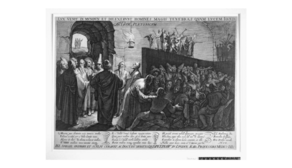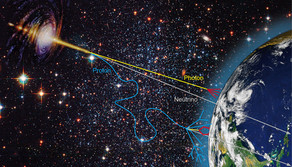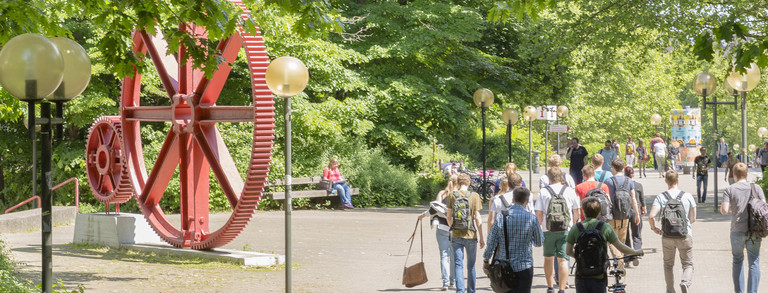Teaching
The teaching of the working group (Lectures) can be divided into three areas.
In the area of Astroparticle Physics, the introductory lecture "Astroparticle Physics" falls. Here, fundamental aspects of astrophysics, particle physics and cosmology are brought together via the evidence of detectable signatures resulting from particle interactions to form a system of the universe. Both the interdisciplinary subject content and argumentation techniques based on the interaction of experiment and theory are learned.
The lecture is supplemented by seminars on radio, neutrino and gamma astronomy as well as cosmic radiation. In a continuing lecture "Astroparticle Physics II", special research topics can be investigated in greater depth.
In the area of Data Science, we offer the lecture "Statistical Methods for Data Analysis" (SMD). In this lecture, modern knowledge of data analysis is taught as we have developed and applied it within the SFB 876. The two-semester course follows in its structure chronologically the possible temporal sequence of a data analysis and is based on an alternation of theoretical and practical learning units, which are taught in lectures and exercises by team teaching. The knowledge imparted in the lecture is a prerequisite for carrying out final theses with a focus on data analysis in various subfields of physics, respectively working groups at the faculty.
The lecture could be followed by the "Expert Laboratory Courses" or the continuing lecture "SMD II" as well as data science seminars with different focuses, as they are offered by different working groups of the faculty.
In the area of interdisciplinary discussion between physics and philosophy, the lecture "Basic Concepts of Physics" is offered. In this lecture, the development of the basic concepts for explaining physical phenomena is discussed, starting from the Nebra sky disc up to the modern age. In particular, the physical explanatory models of an epoch will be related to the epistemological models and requirements considered relevant at that time. It is thus about the time-dependent answer to the question of what requirements are placed on a valid physical world view.
In the seminar "Ethics of the Natural Sciences", we pursue the question of which concepts of justification for ethical decisions can be discussed and what consequences result from their application to current questions of the ethics of the natural sciences.
Through the collaboration in the Collaborative Research Centre 1491 ("Das Wechselspiel der kosmischen Materie / Cosmic Interacting Matters"), students and members of the working group can participate in the events of the graduate college, the winter schools and other courses.
Another part of the teaching, which is very important to us, includes the intensive supervision of bachelor's, master's and doctoral theses. Interested students are welcome to contact us. Information on possible theses can be found under the heading Theses.
Dissertations that have already been completed are published via Eldorado, the research archive of the TU Dortmund University.
The working group also takes over parts of the teacher training.

![[Translate to English:] [Translate to English:]](/storages/app-physik/_processed_/3/a/csm_APPGroupphoto2023_001_small_858e4405eb.jpg)


